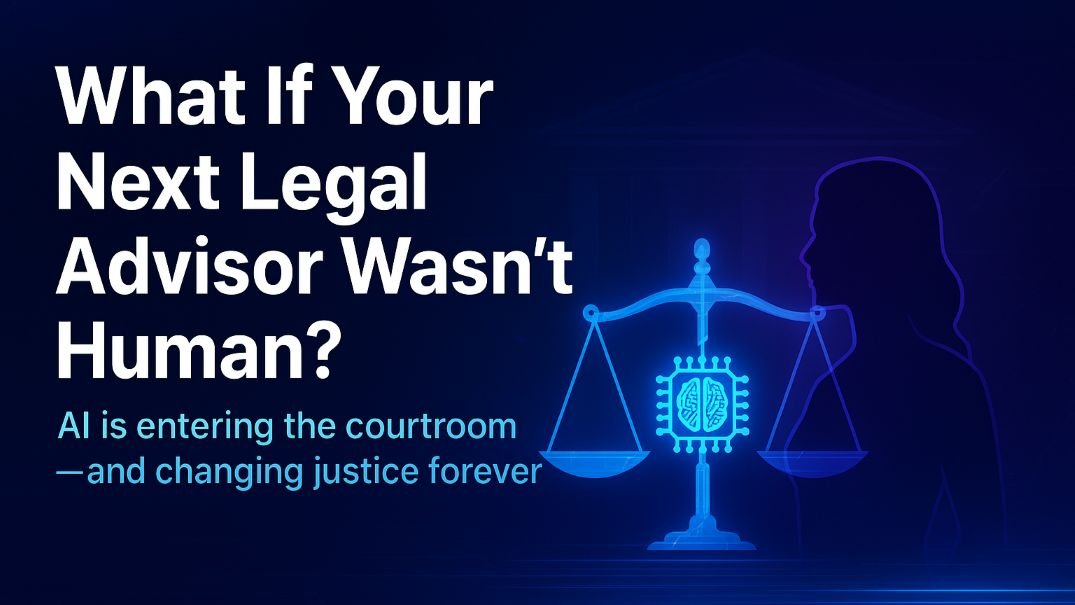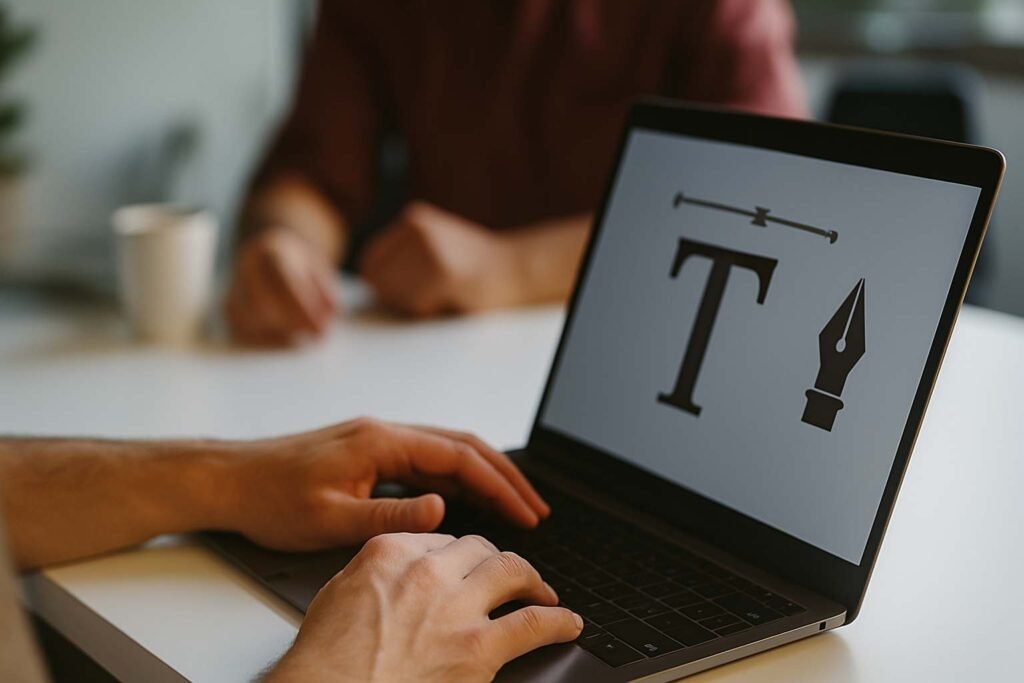
In a landmark moment for the intersection of technology and justice, a woman has reportedly won her court case with help from ChatGPT marking one of the first known examples of AI actively assisting in real-world legal proceedings.
While details remain limited, the outcome has triggered an industry-wide debate:
Is this the dawn of AI-assisted law, or just an experimental anomaly?
The Case That Sparked a Conversation
The case wasn’t a Hollywood-style trial but a civil dispute, where the plaintiff used ChatGPT to draft arguments, cross-check citations, and structure her legal responses. To everyone’s surprise, the AI-assisted strategy won.
This isn’t just about a single victory, it’s about proof of concept.
A generative AI model, trained on billions of documents, was able to interpret, reason, and communicate effectively enough to help a human win in court.
The Rise of “AI Paralegals”
Law firms and legal tech startups have been quietly exploring this frontier.
Platforms like Harvey AI (backed by OpenAI and PwC), Casetext CoCounsel, and DoNotPay are already offering tools that:
- Summarize complex legal documents
- Draft legal opinions
- Suggest precedents
- Predict case outcomes using AI analytics
The win using ChatGPT might just accelerate adoption, not as a replacement for lawyers, but as a co-pilot that enhances their speed and accuracy.
Beyond Research: Understanding Context
AI’s biggest challenge in law isn’t data, it’s context.
Legal systems depend on nuance: intent, ethics, and jurisdictional boundaries.
Yet with models like GPT-5 and Anthropic’s Claude advancing rapidly, the ability to understand contextually rich language is improving at an exponential rate.
This shift hints at a near future where AI could manage low-stakes legal queries, freeing human lawyers to focus on complex strategy and advocacy.
The Legal Industry’s Inevitable Shift
Major firms are already preparing:
- PwC partnered with OpenAI to integrate GPT-based tools into legal workflows.
- Allen & Overy adopted Harvey AI across 3,500 lawyers globally.
- Legal education programs are beginning to include AI literacy as a required skill.
What we’re seeing is not replacement, but reinvention.
AI won’t take lawyers’ jobs; lawyers using AI will.
A Glimpse into the Future
What if AI-powered systems could:
- Review millions of pages of discovery files in seconds?
- Offer affordable legal help to people who can’t afford attorneys?
- Detect bias in rulings using data-driven insights?
That’s not just disruption, it’s democratization of justice.
Final Thought
AI isn’t coming for lawyers, it’s coming with them.
The question is no longer “Can AI help in court?” but:
Would you trust an AI to defend your case?
